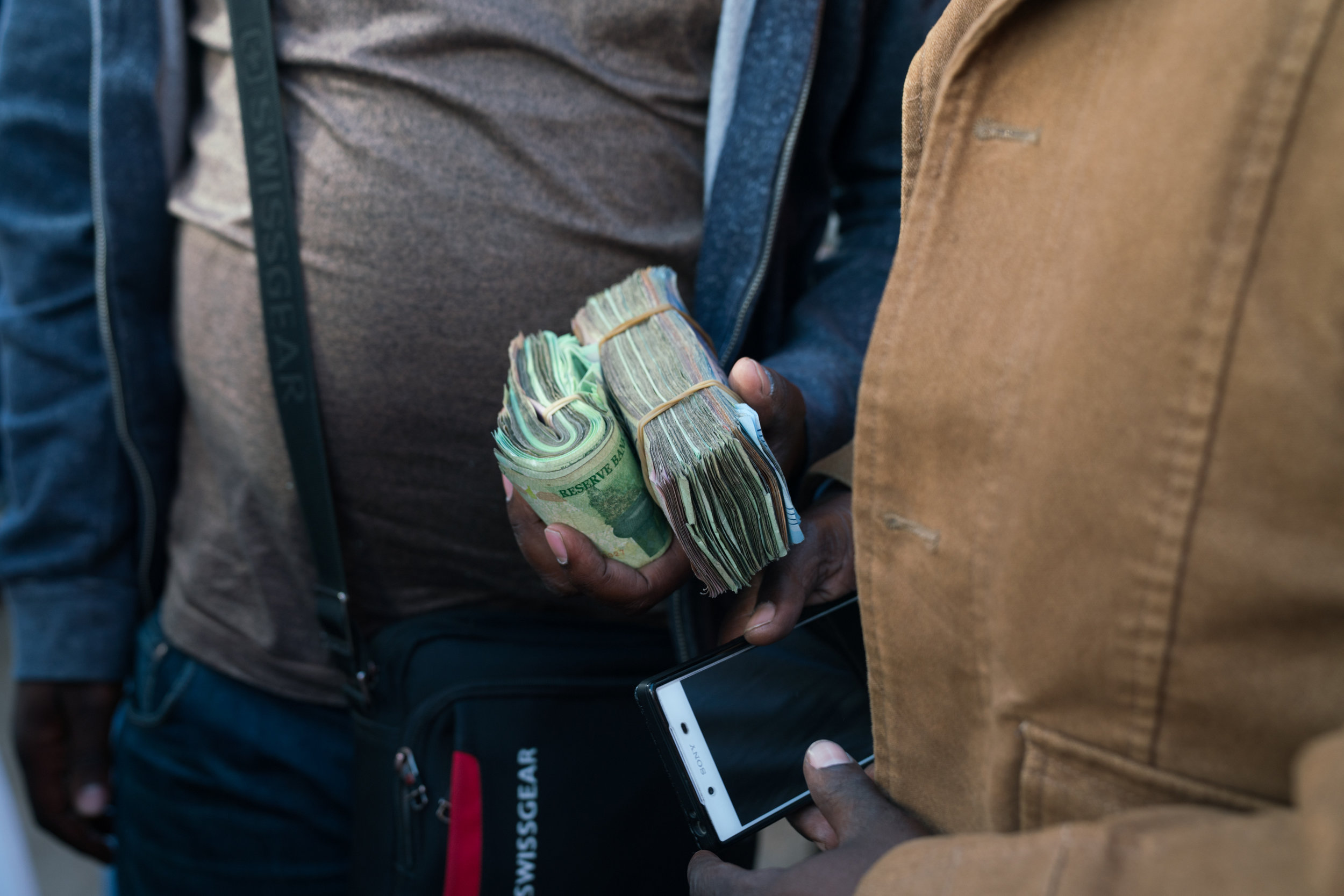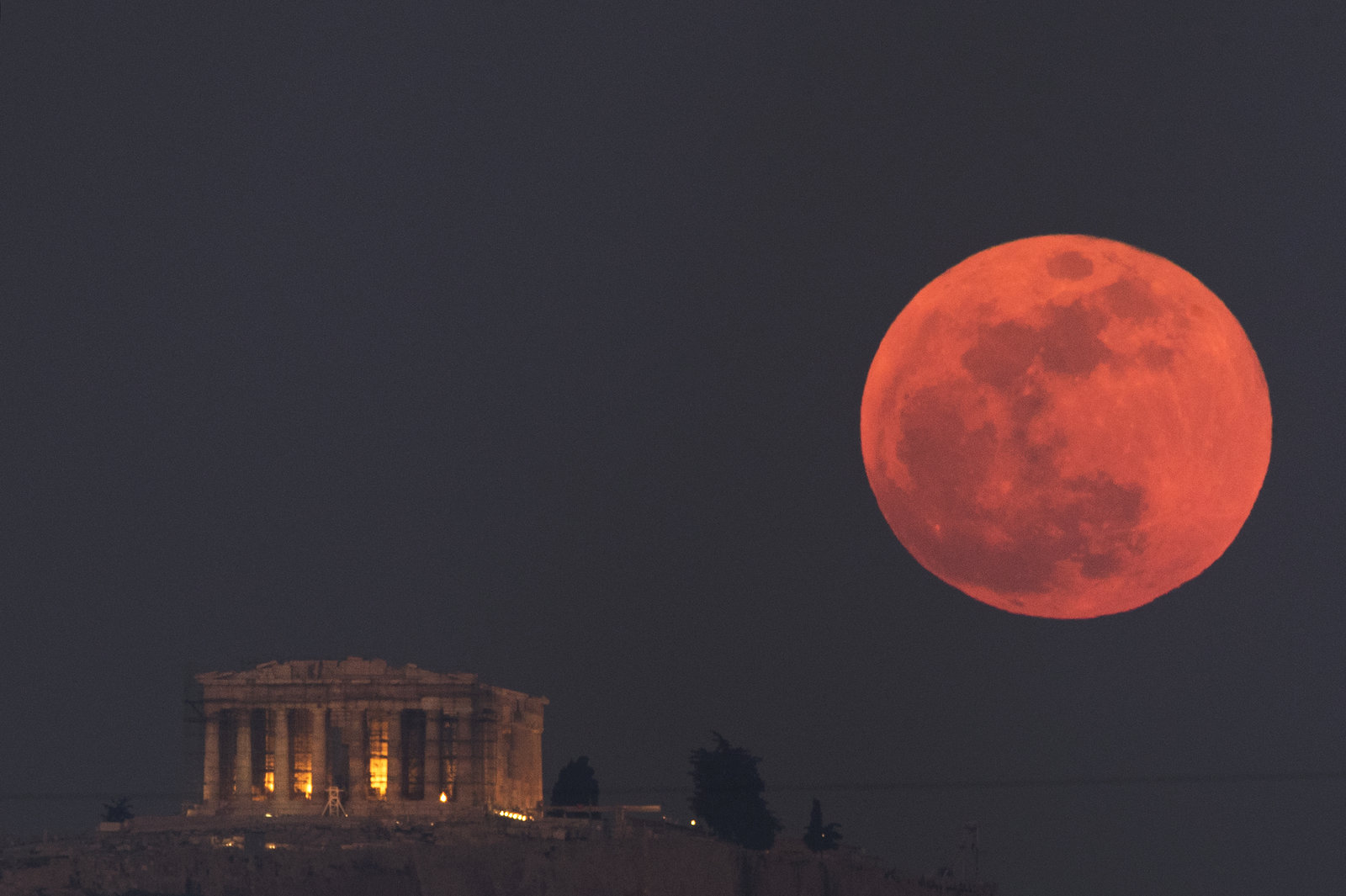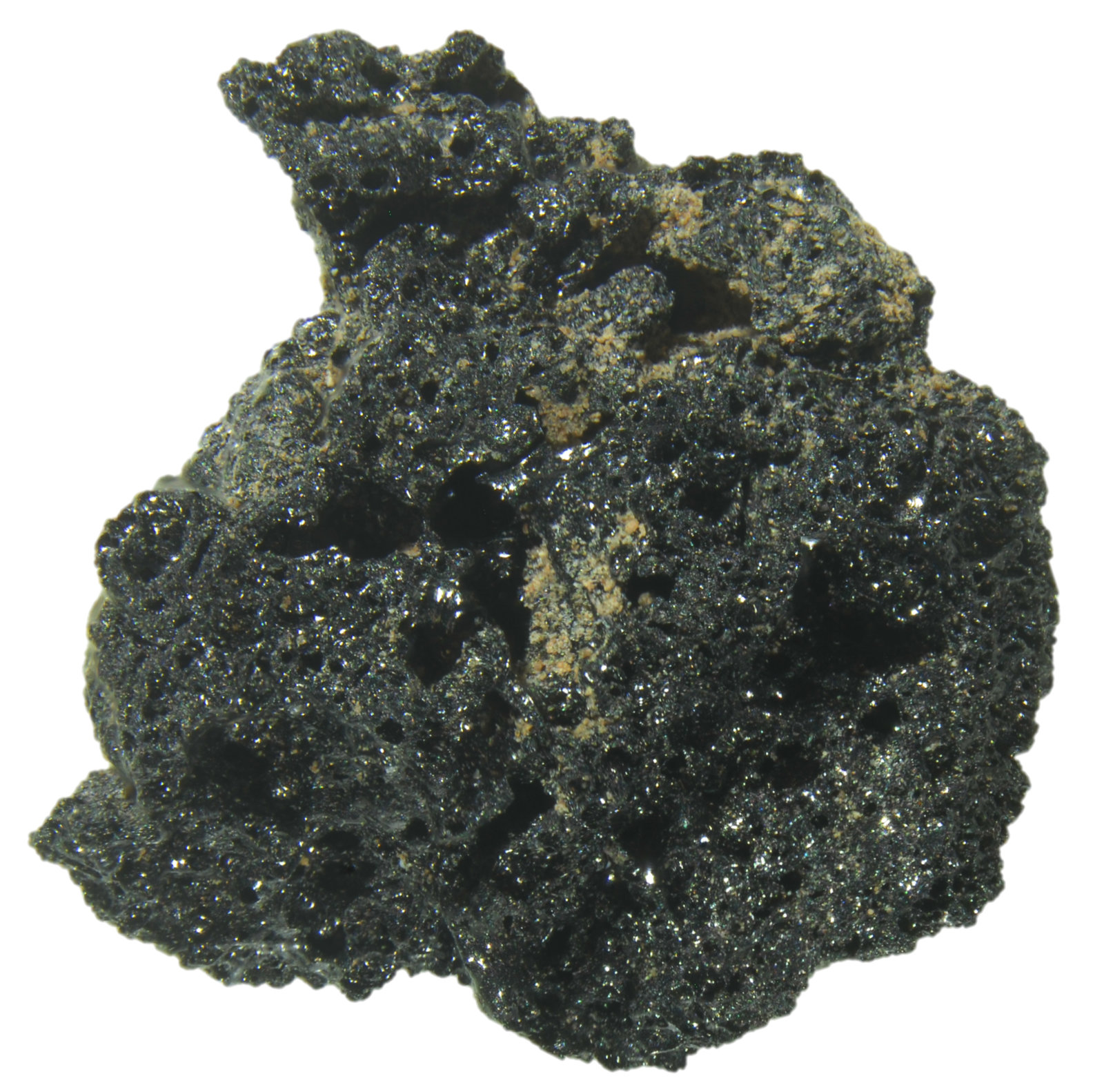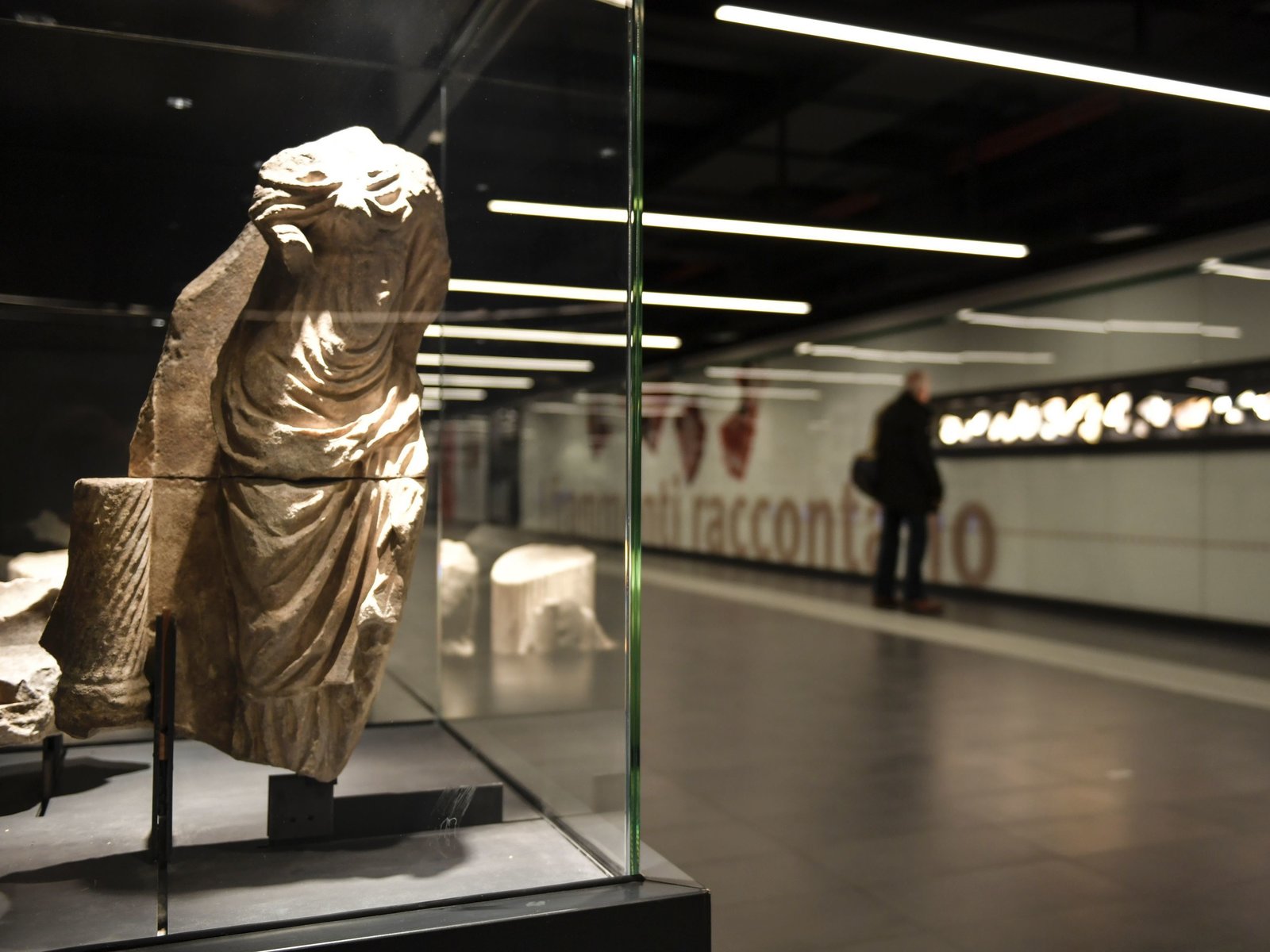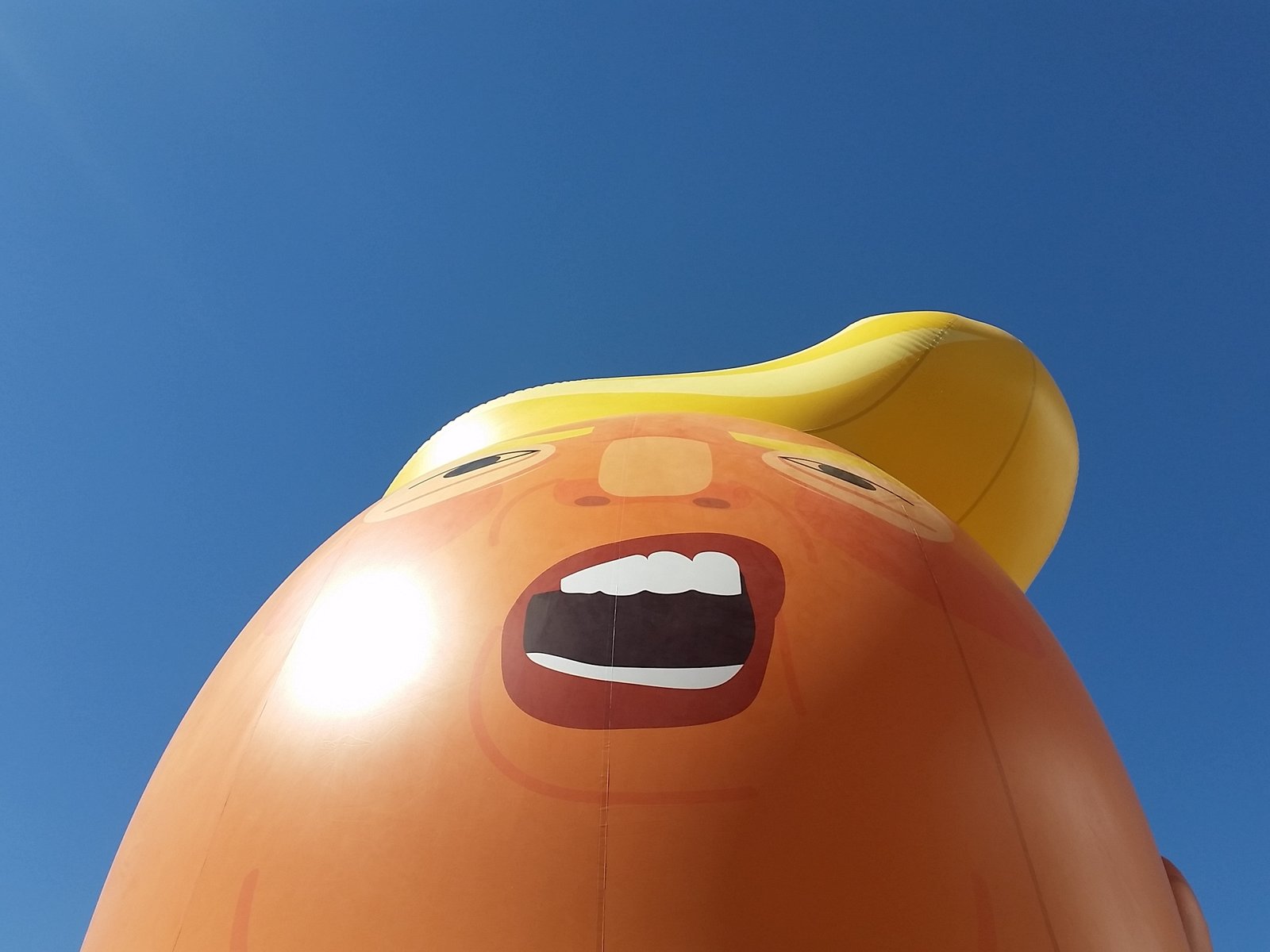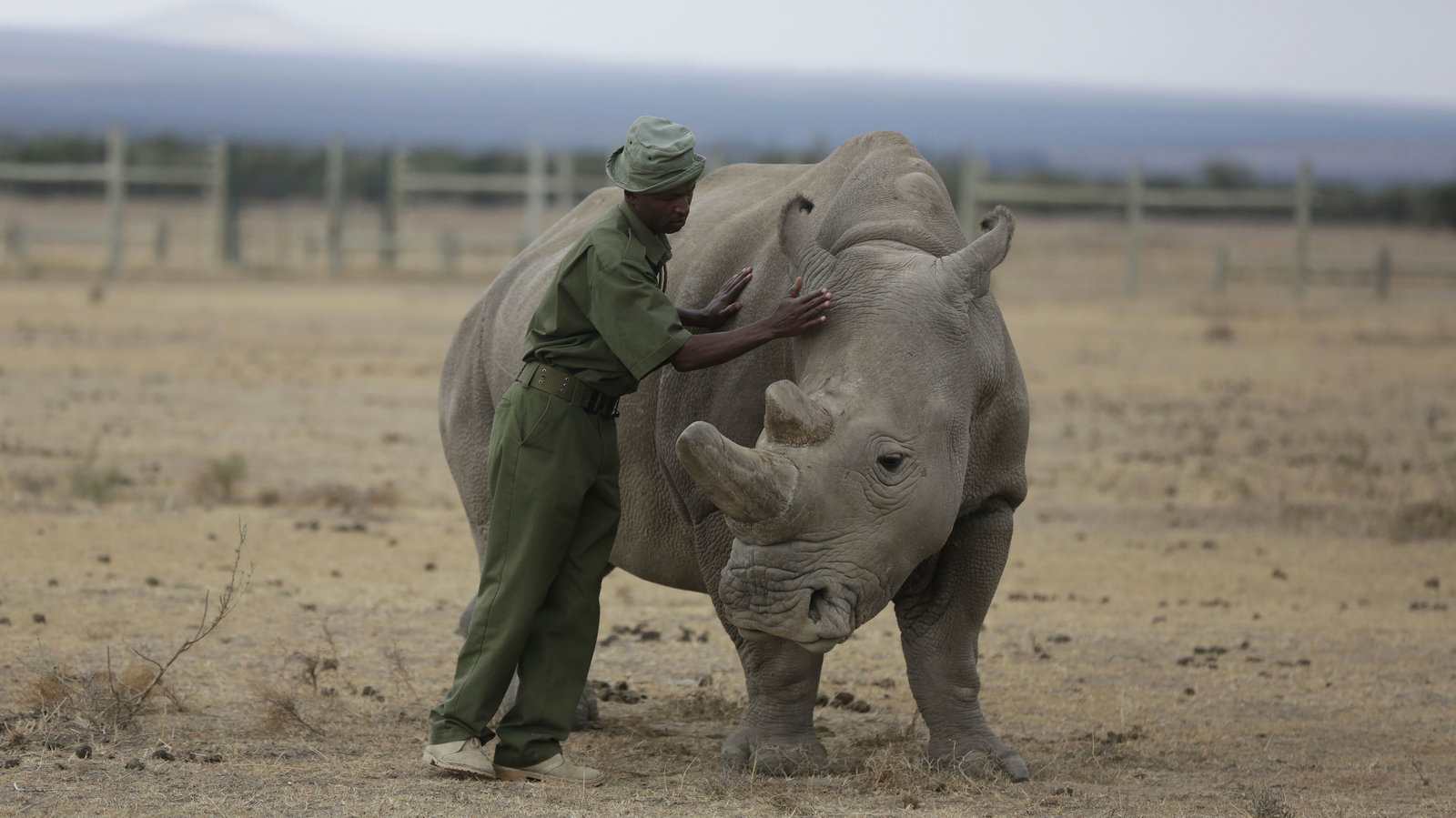One Song Glory
"There's an episode of The Johnny Cash Show from 1969 where the man himself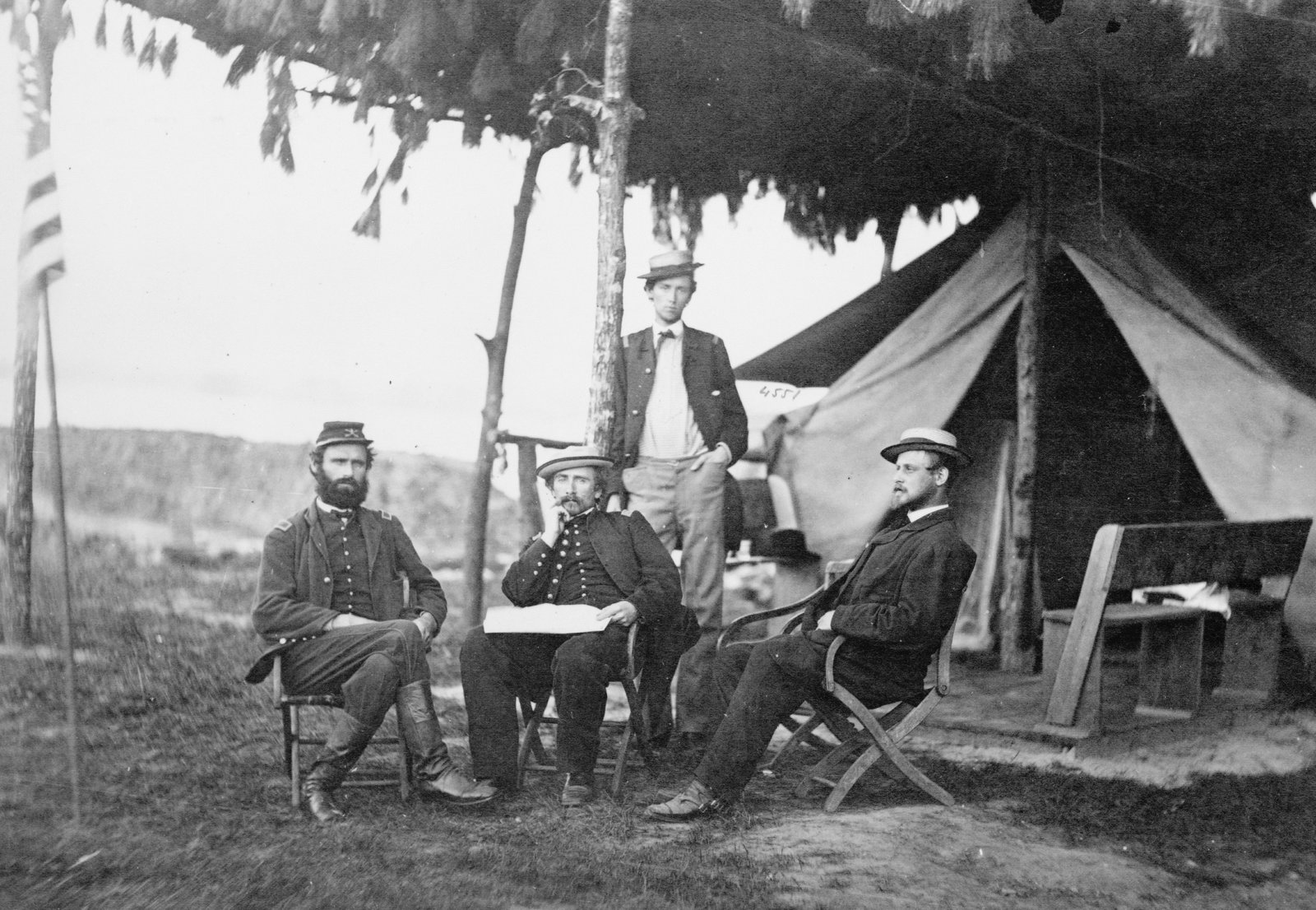 makes a little speech with a pretty big error. 'Here's a song that was reportedly sung by both sides in the Civil War,' Cash says, guitar in hand, to kick off a performance of 'The Battle Hymn of the Republic.'"
makes a little speech with a pretty big error. 'Here's a song that was reportedly sung by both sides in the Civil War,' Cash says, guitar in hand, to kick off a performance of 'The Battle Hymn of the Republic.'"
"The real history on that point is clear: Julia Ward Howe wrote the song as a pro-Union, anti-slavery anthem. But then Cash goes on to say, ' .... which proves to me that a song can belong to all of us.' And about that, he's right."
"I should go easy on Cash for flubbing the history; I had it wrong, too. I didn't even know the "Battle Hymn" had ties to the Civil War up until recently, because I — and maybe you, if you grew up with a similar flavor of Christianity — only sang it in church. Little did I know the song, with its refrain of 'Glory, glory, hallelujah,' had been used to root for college football teams, or as an anthem for labor unions. Evangelist Billy Graham, who helped popularize the song among Christians, even took it to the Russian army chorus in 1992."
"'It's a good march,' says Sparky Rucker. A folk singer and historian who performs a show of Civil War music with his wife, Rucker says the 'Battle Hymn' rallies with its rhythm: 'It's just the right cadence to march along, if you're marching at a picket line or marching down the street carrying signs. ... It really gets your blood going [so] that you can slay dragons.'"
"Dragons are relative, however. Anita Bryant, the singer and conservative activist, used to perform the song at anti-gay rallies. During the 1964 presidential race, Republican nominee Barry Goldwater had to disown a campaign film that posed the election as a choice between two Americas — an "ideal" America, where the tune of the 'Battle Hymn' scored images of the founders and the Constitution, and a 'nightmare' America, featuring black people protesting and kids dancing to rock music."
 Tuesday, July 31, 2018 at 11:34AM
Tuesday, July 31, 2018 at 11:34AM 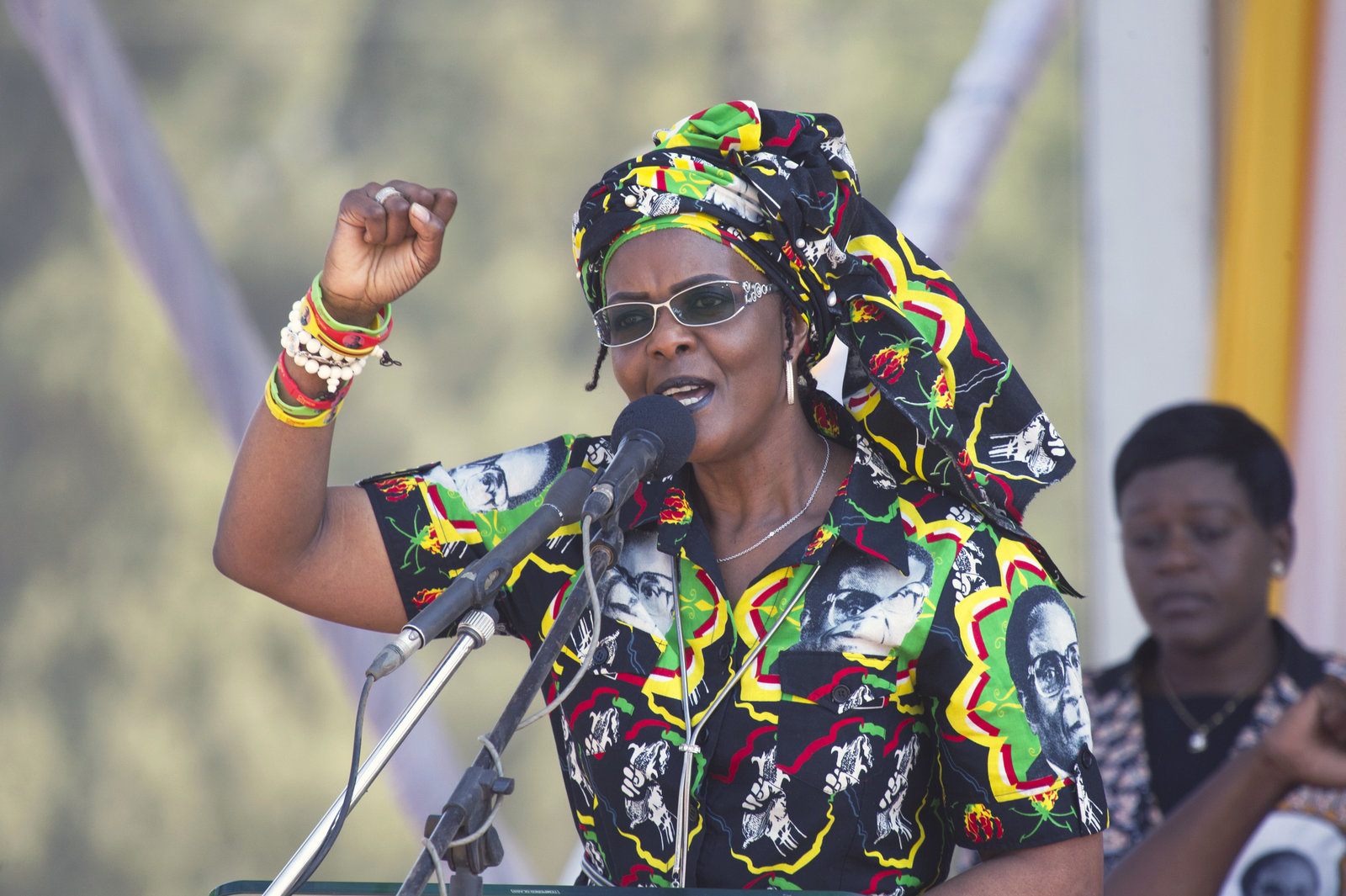 to South Africa anytime soon."
to South Africa anytime soon."
